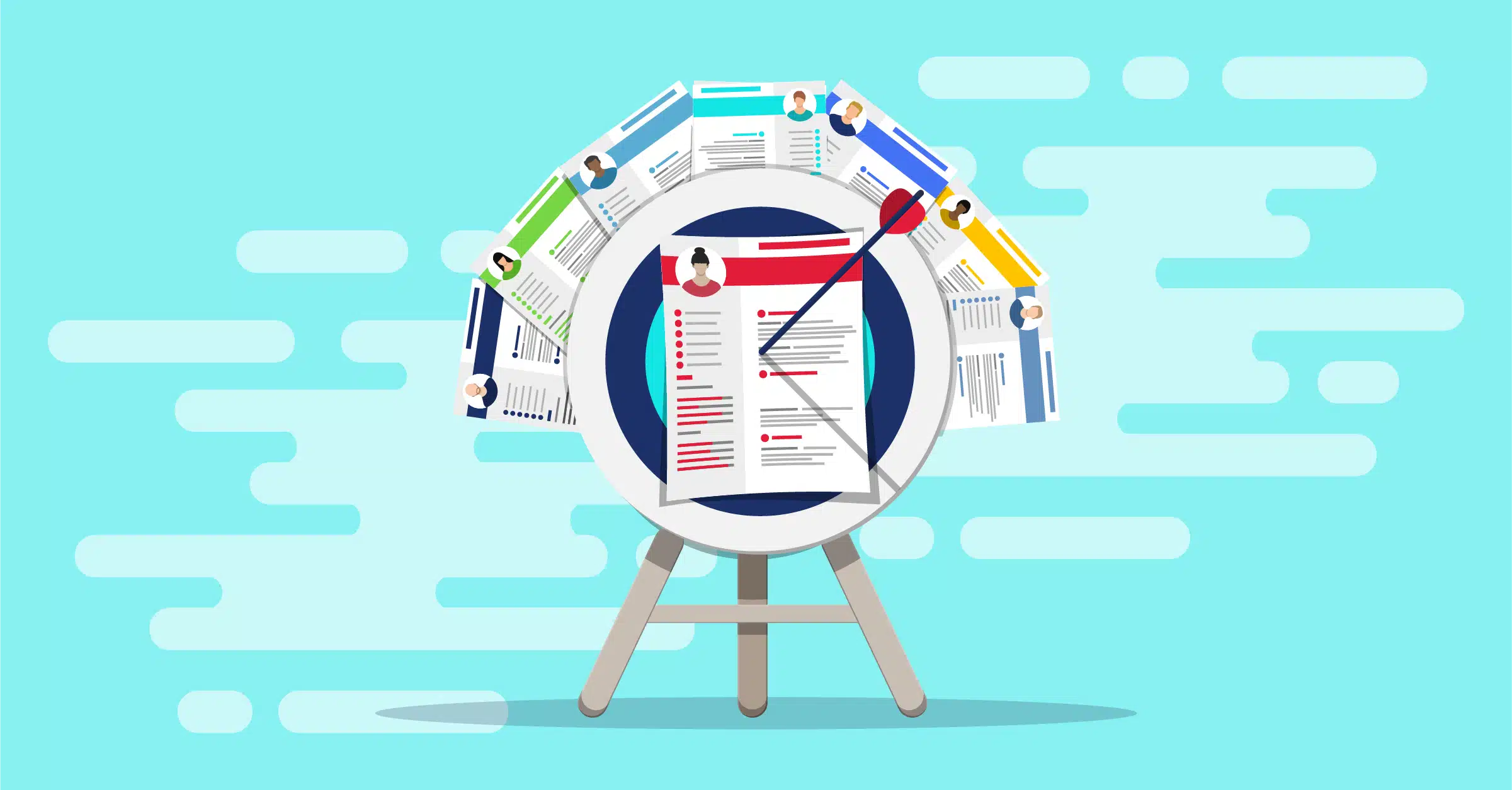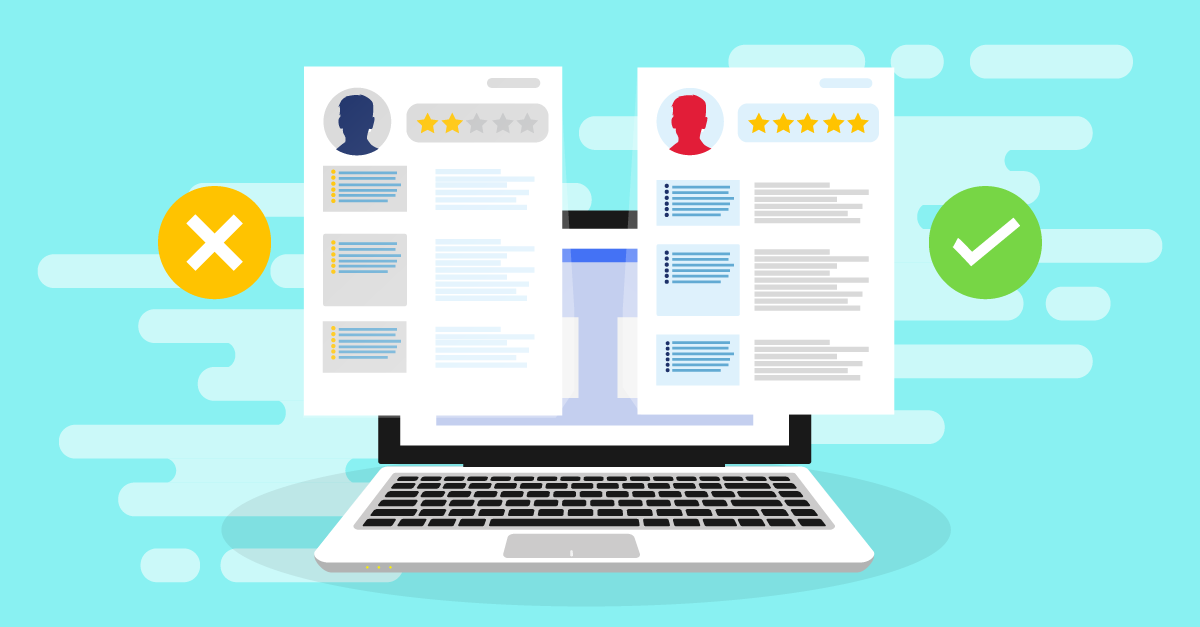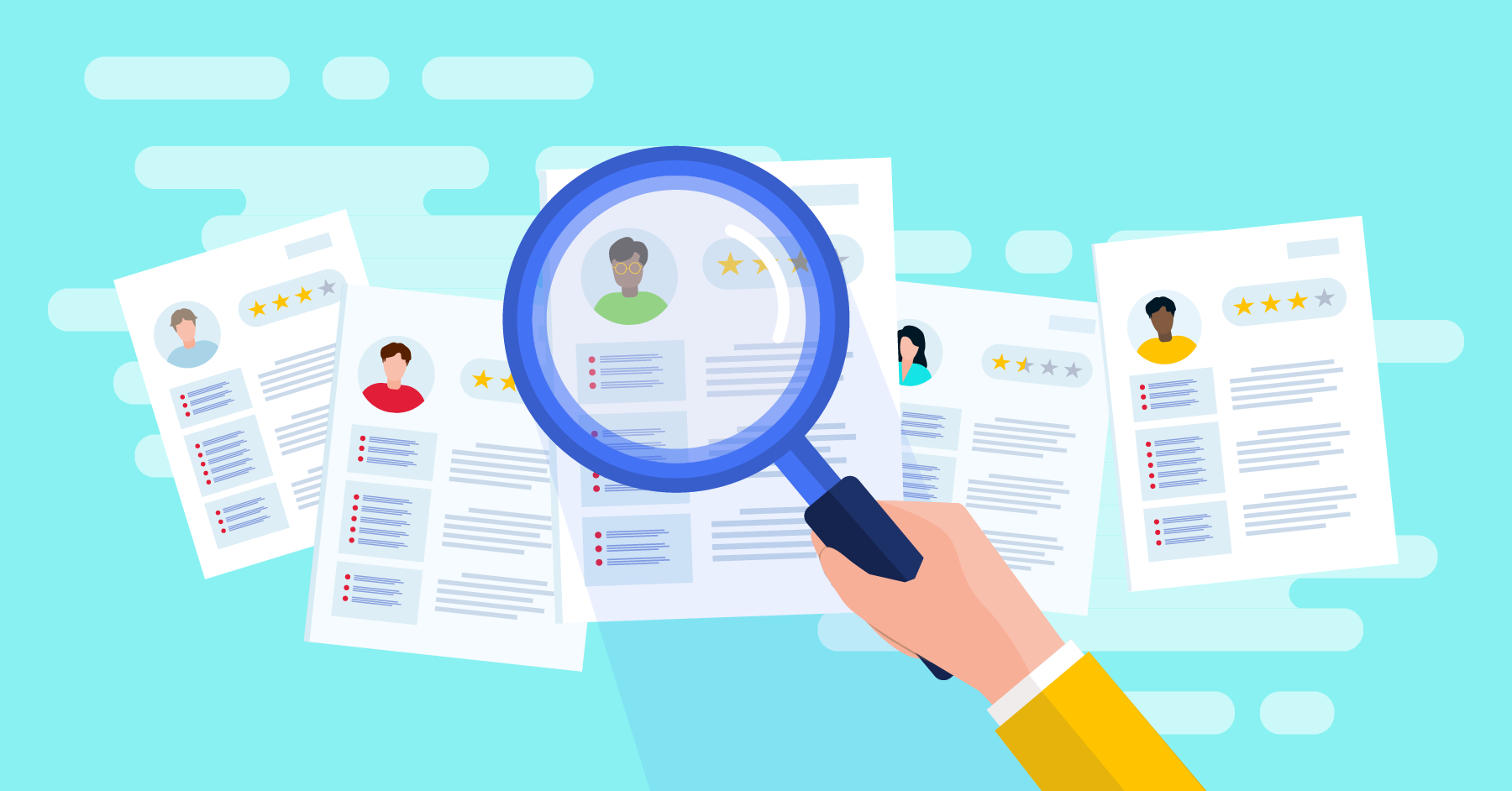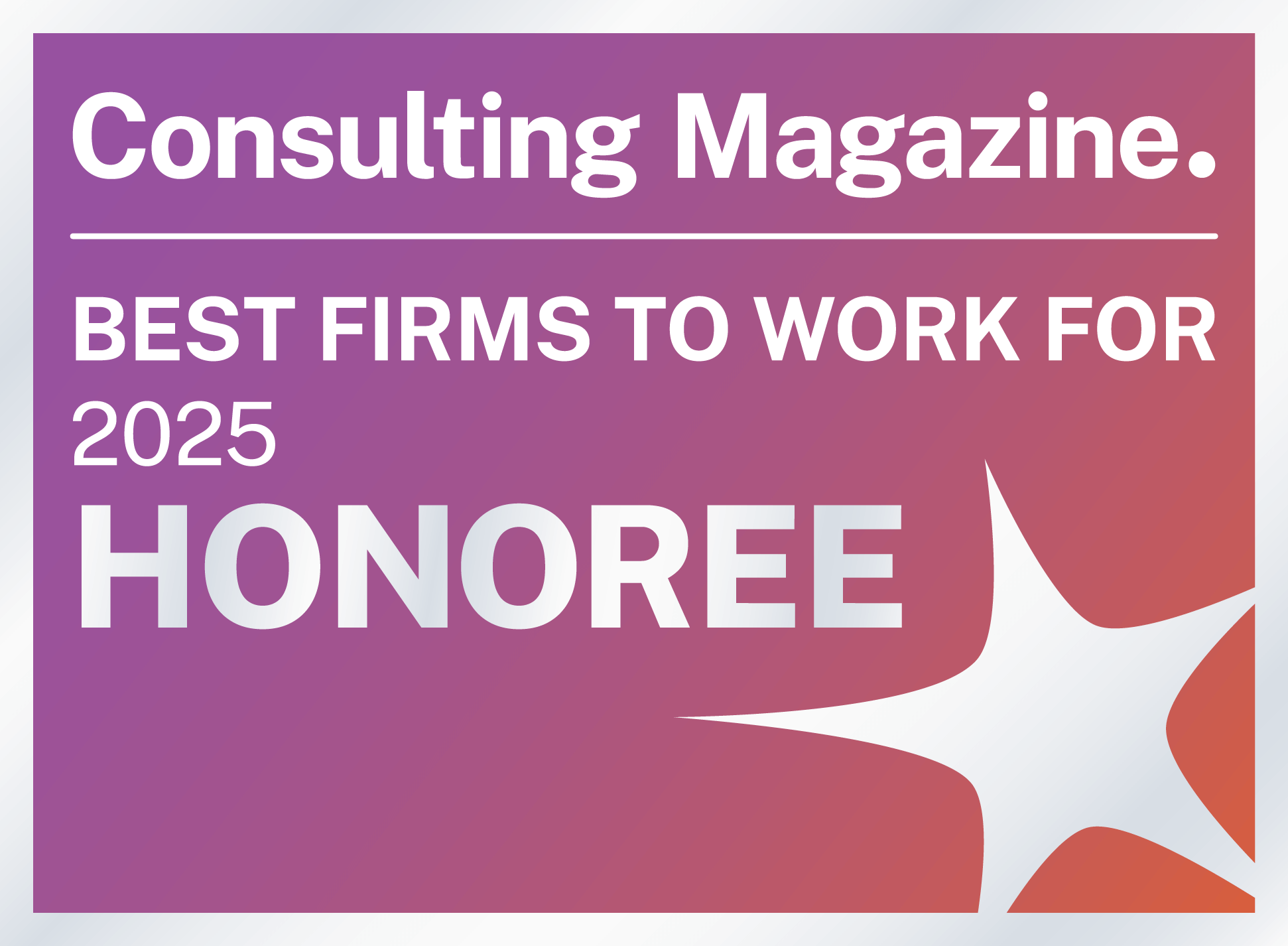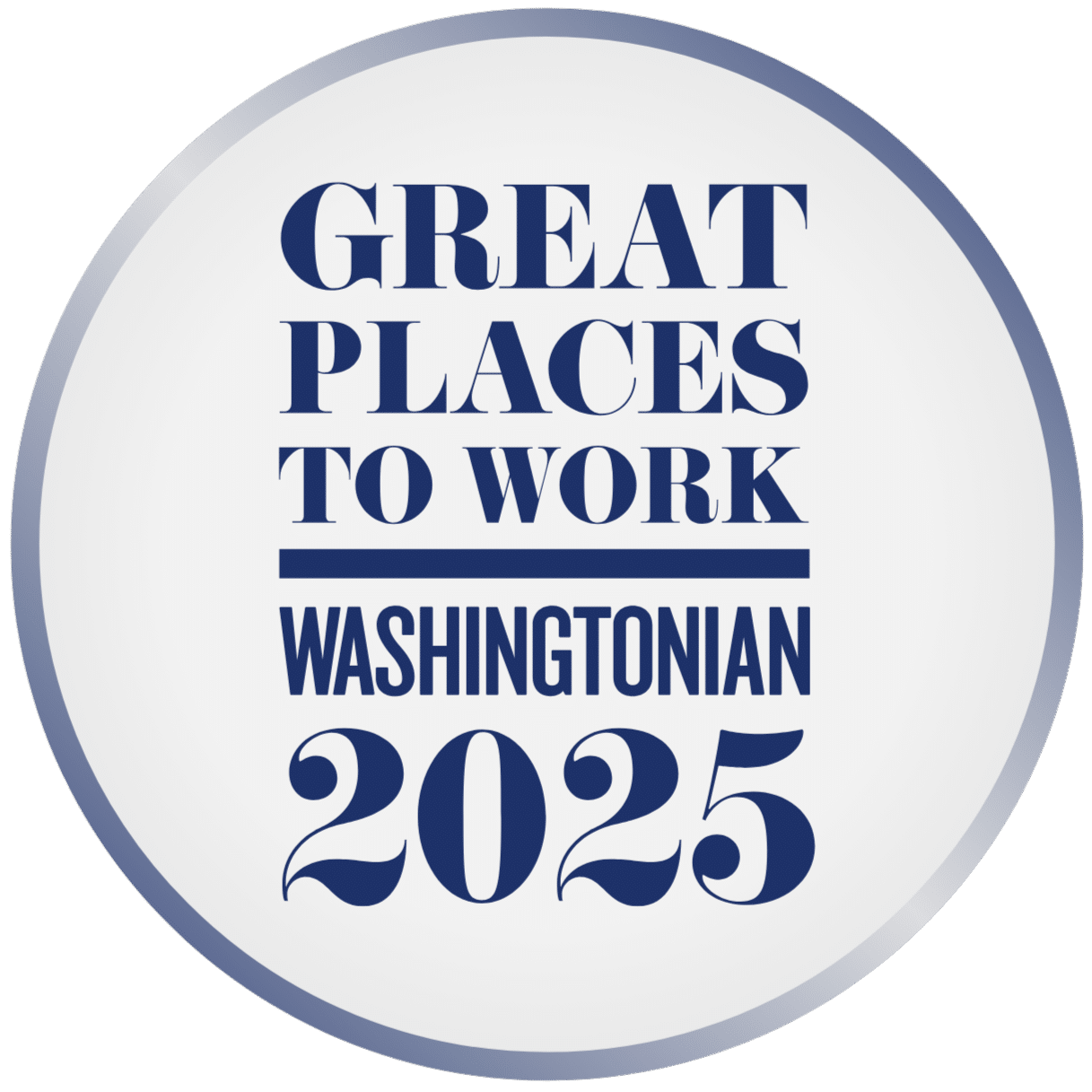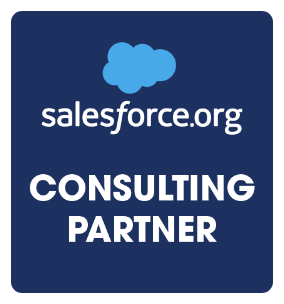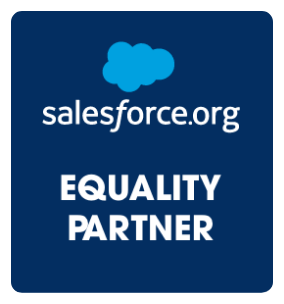
Interviews can be nerve-wracking—we’ve all been there! Whether it’s your first or your fifteenth, there’s something about trying to “sell yourself” to a stranger that makes even the most confident folks sweat a little. The good news is you can absolutely prepare. And better yet, you can prepare well.
Below are some common questions you’re likely to face, and some quick tips (including virtual dos and don’ts) to ultimately set you up for success, ensuring you show up polished, prepared, and unapologetically yourself.
Common Interview Questions (and How to Best Answer Them)
“Tell me about yourself.”
Think of this as your elevator pitch. Practice, practice, practice. Start with where you are now (professionally), add in some context about how you got there, and tie it all back to why you’re excited about this particular role.
Example
I’m currently an Analyst working with Salesforce integrations. I started out in tech support, which really taught me how to solve problems under pressure. Over time, I got more into back-end systems and automation, which led me to Salesforce—and I’ve loved it ever since.
“Tell me about a time you overcame a challenge.”
Enter: the STAR method. Set the Situation, explain the Task, walk through the Action you took, and close with the Result. Keep it focused, relevant, and work-related.
Example
We had a major client integration go sideways the week before launch (Situation). I was tasked with identifying the root cause and fixing it ASAP (Task). I stayed late two nights to test and rebuild the data mapping logic (Action). We delivered on time, and the client ended up extending their contract (Result).
“Why are you interested in this position?”
This is not the time to say, “I just need a job” or “your recruiter reached out to me, and I figured why not, let’s take the interview” (even if either may be true). Show that you’ve done your homework—mention something about the company’s mission, recent projects, or values that resonate with you.
Example
I love how your company puts a big emphasis on innovation through technology solutions. I’d be excited to contribute to a team that values inclusive design as well, especially for mission-driven organizations.
“Do you have any questions for us?”
The answer is always yes. Always. Ask about team dynamics, leadership style, what success looks like in the first 90 days—anything that helps you evaluate if this is the right fit for your career.
Pro Tip: Look up the interviewer on LinkedIn ahead of time. Questions about their own experience can open the door to an authentic, human conversation.
The Dos and Don’ts of Virtual Interviews
Let’s be real: Virtual interviews are here to stay. The rules of interviewing haven’t totally changed—they’ve just gone digital. And while yes, you technically can do a Teams interview from bed… should you? (No.)
Do
Find a distraction-free space.
No barking dogs or Netflix on in the background. Show that you’re focused and that you respect the interviewer’s time.
Test your tech.
Mic, camera, internet. Do a test run with a friend beforehand, if necessary. No laptop? No worries—just prop up your phone so it’s hands-free.
Suit up.
I’m not suggesting an actual suit and tie is always necessary, but dress as though it’s an in-person interview. It helps you get in the right mindset, too.
Use the STAR method.
Especially when you’re answering behavioral (“Tell me about a time when…”) questions.
Show up early.
Just like you would in person. Log in 5 minutes early, take a moment to breathe, and center yourself.
Be yourself.
Seriously. Interviews are a two-way street. I always tell my candidates: the more you are your true self, the more the interviewer will be their true self. Who you work with is one of the top reasons people enjoy their jobs—so be authentically you!
Follow up.
Especially if you’re super excited about the job, follow up thank-you notes can truly go a long way. They never go out of style.
Don’t
Don’t read off your resume.
Please don’t—it’s obvious. Practice your points, but don’t sound rehearsed, as it comes across disingenuous.
Don’t multitask.
People can tell when you’re checking your phone or glancing at another tab.
Don’t interrupt.
Technology isn’t perfect, and sometimes it can take a second for someone’s audio to catch up. Pause a beat before responding to avoid talking over the interviewer. Also, be mindful of time—virtual interviews are often just 30 minutes, so stay concise and focused.
At the end of the day, interviews are about connection. Of course, skills matter, but so does showing up as the kind of person people want on their team. Prepare well, take a breath, and let the real you shine through.
About the Author

Kara Simms is a Senior Talent Acquisition Professional at Attain Partners specializing in technical recruitment. She has shown a commitment to understanding each candidate’s unique strengths and aspirations throughout her career, and she cares deeply about career matchmaking and building meaningful relationships. She resides on the Eastern Shore of Maryland and enjoys good bourbon and wine, cooking Italian dishes, and live music with friends!
